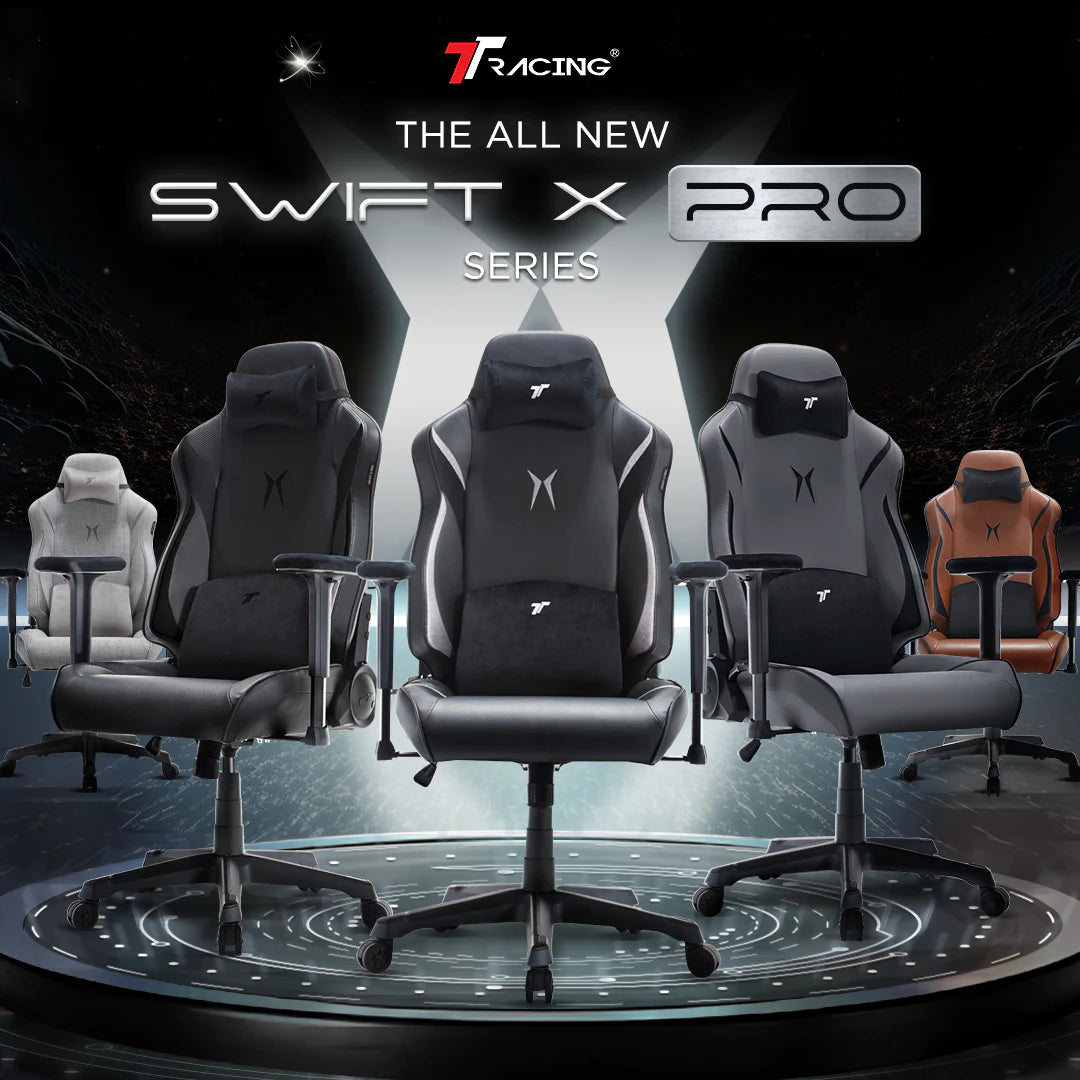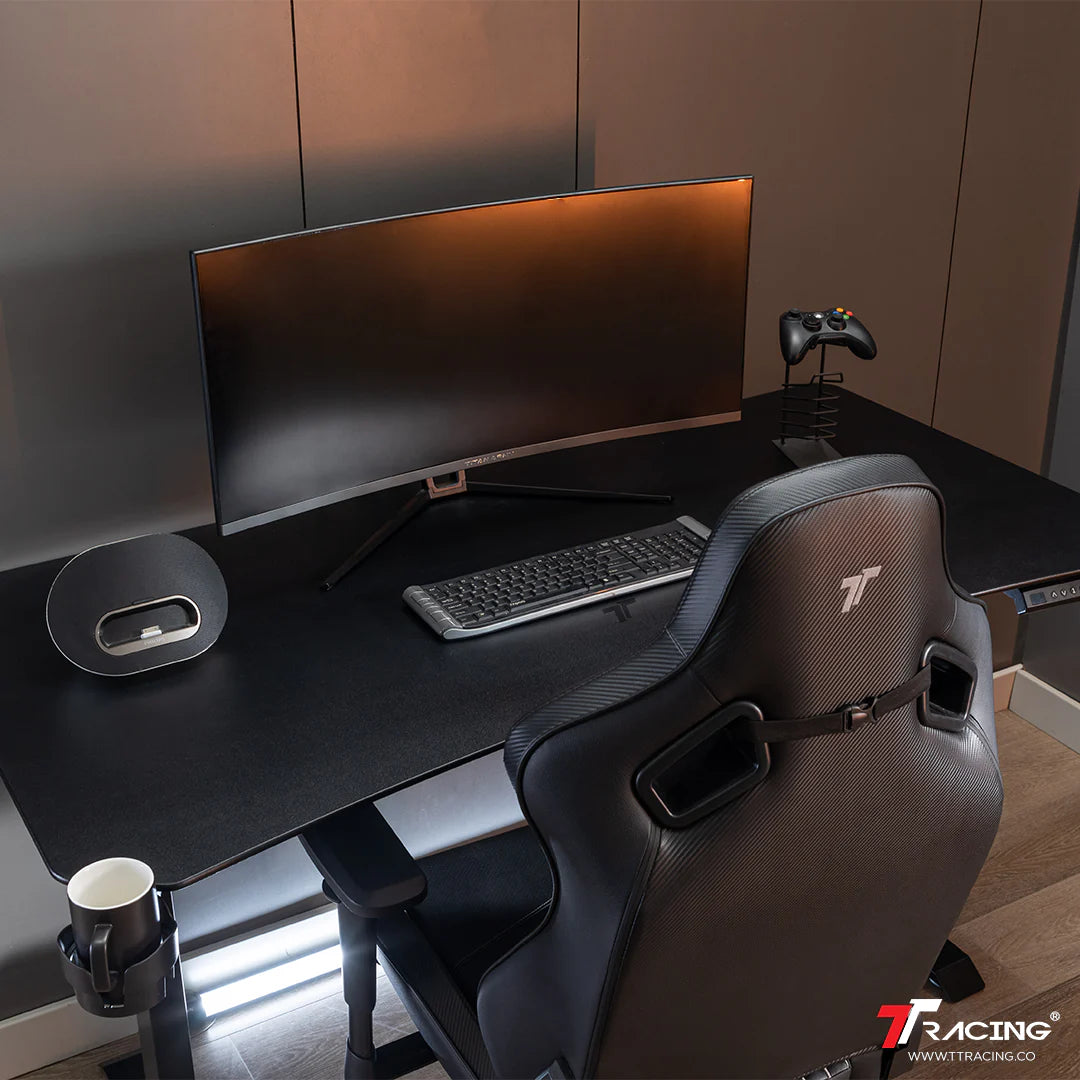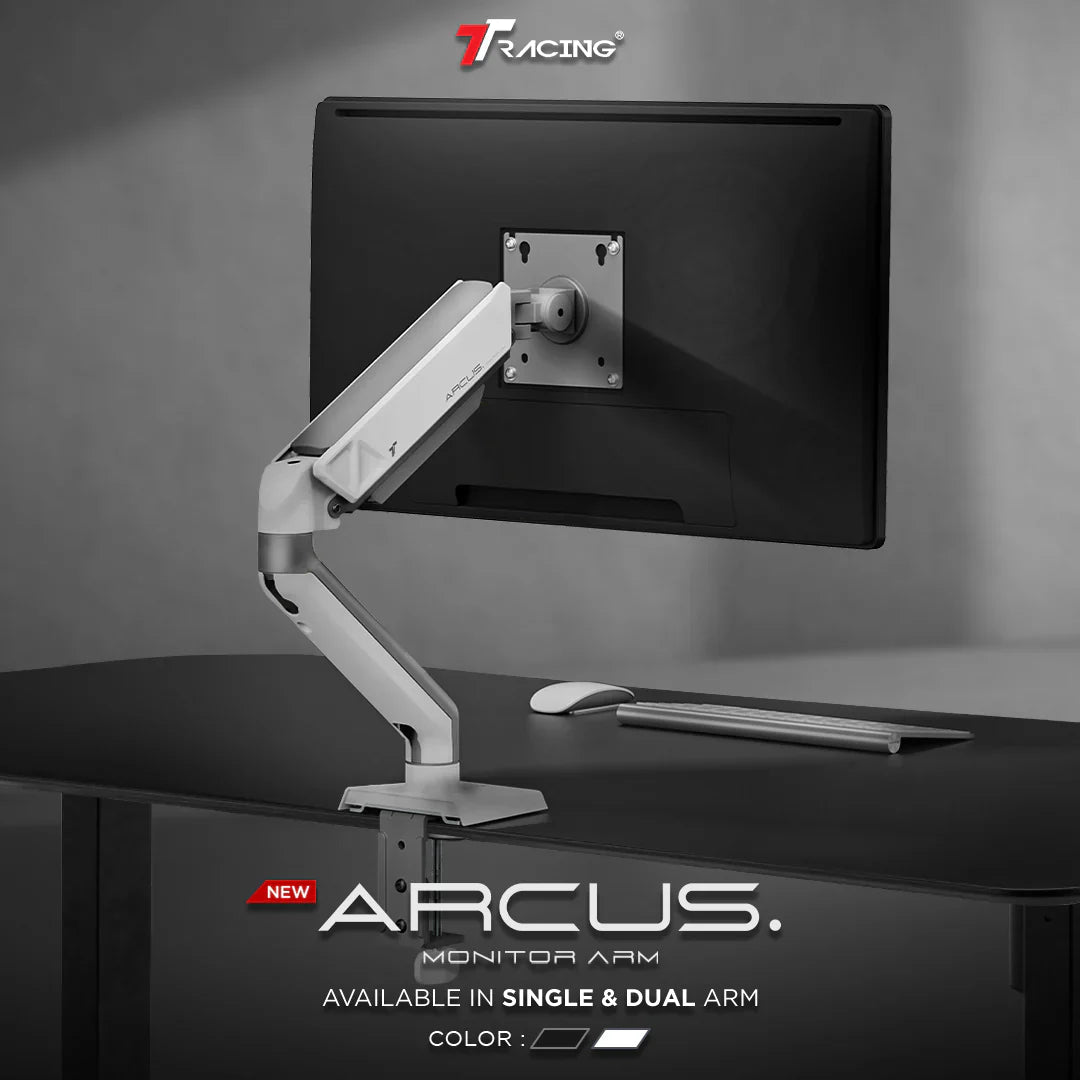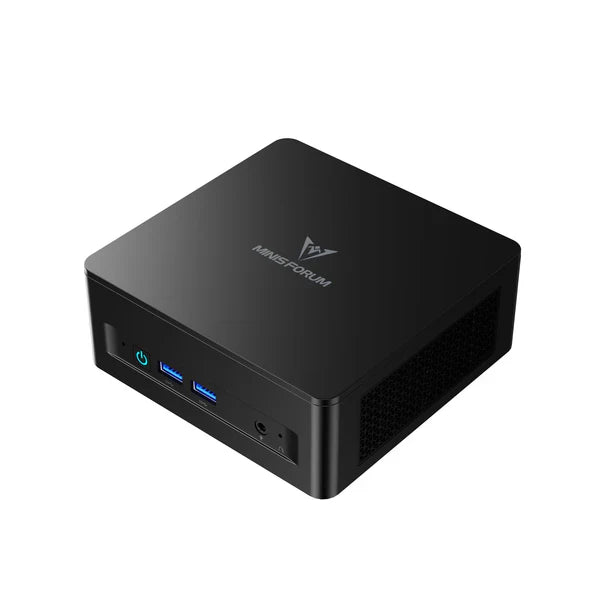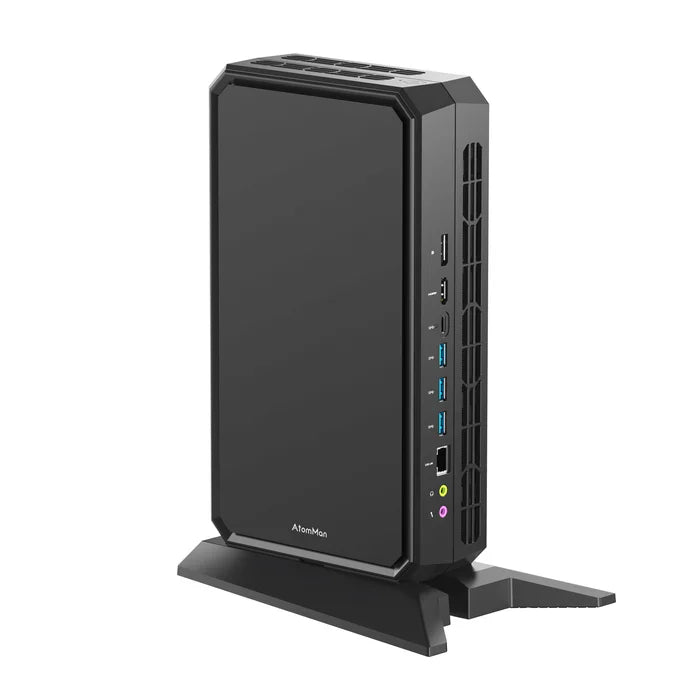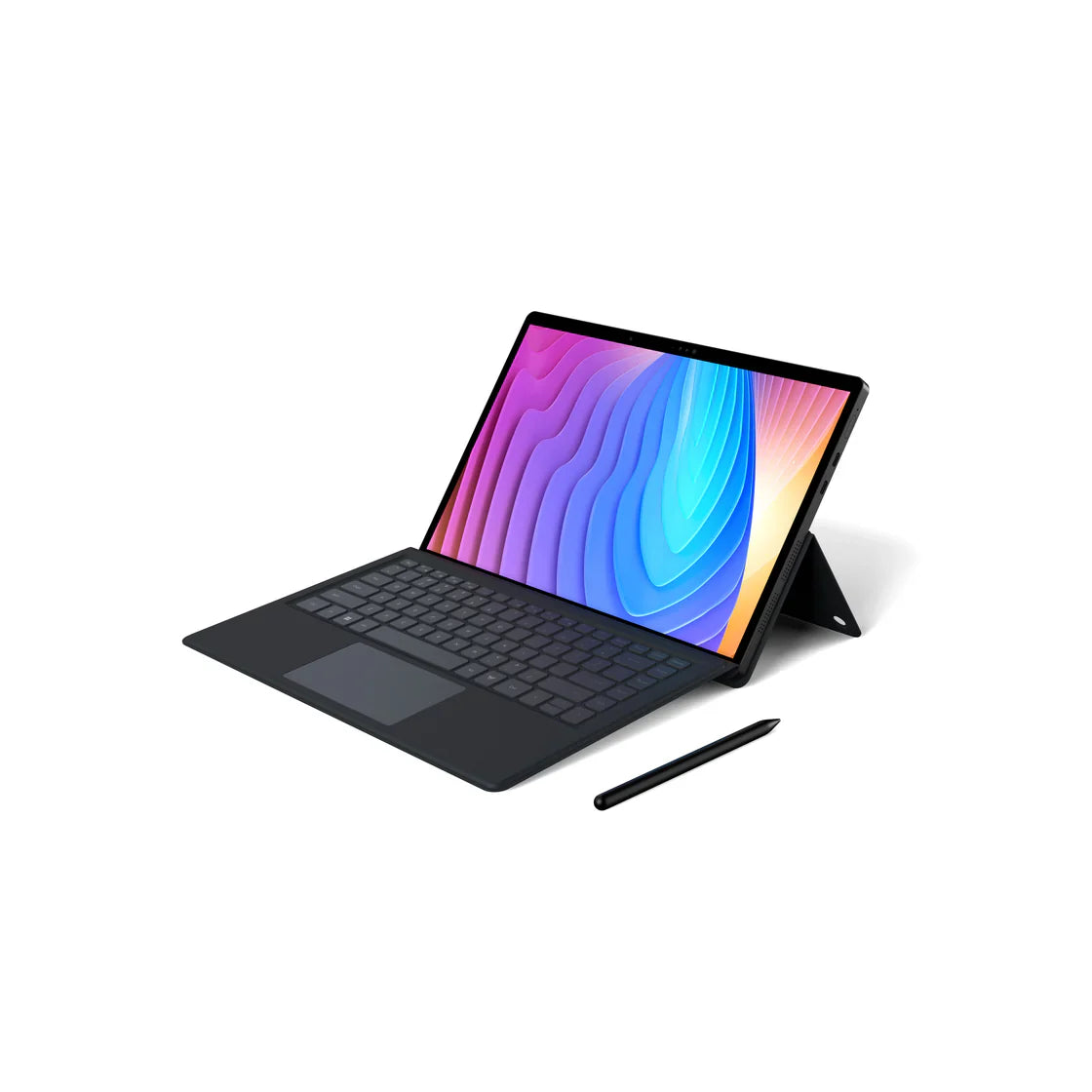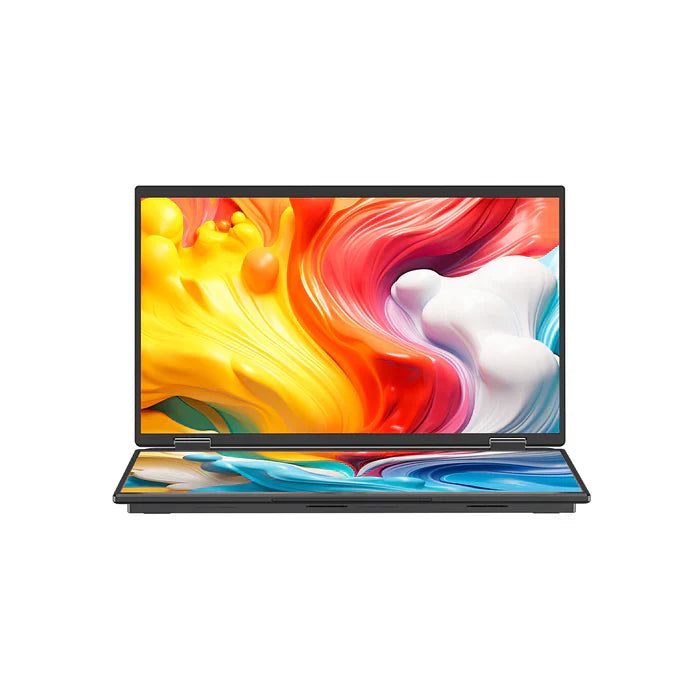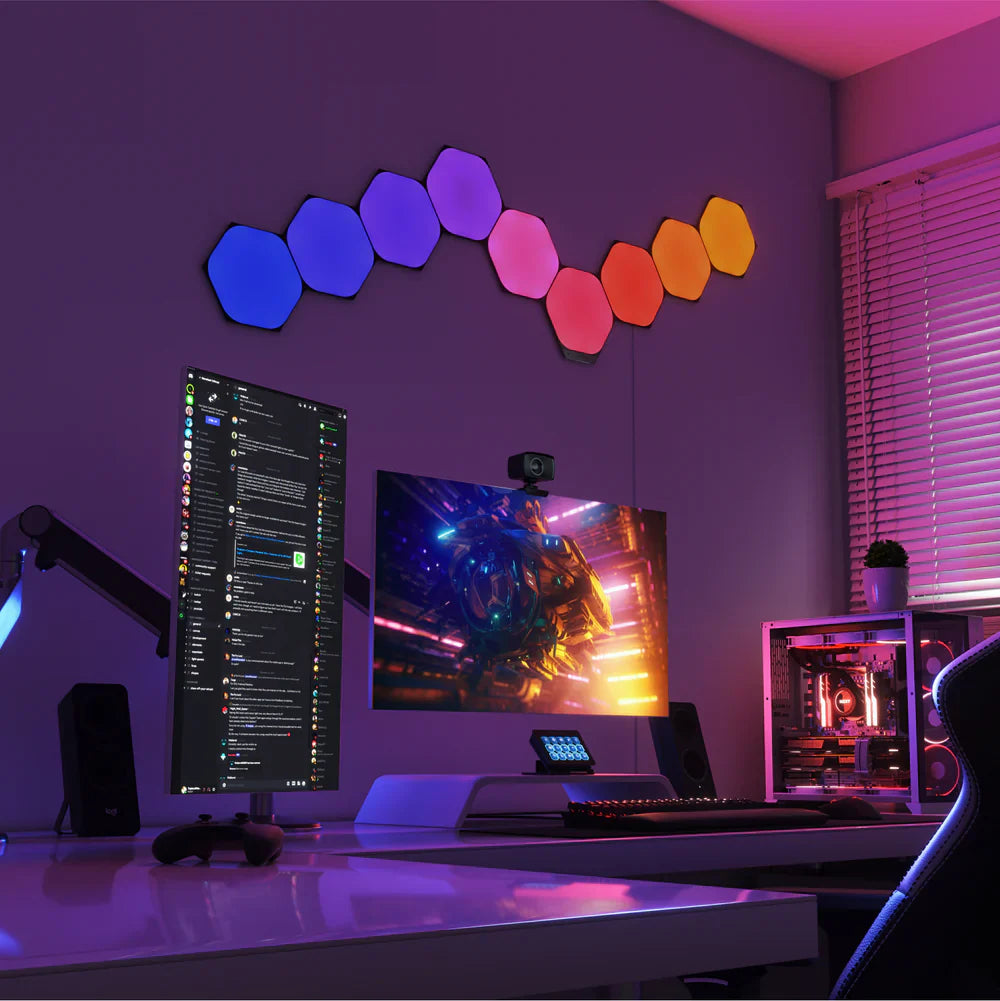Intel vs AMD: Choosing the Right Processor for Your Custom Gaming PC
When it comes to building a custom gaming PC, one of the most important decisions you'll make is choosing the right processor. The market is dominated by two powerhouses: Intel and AMD. Both offer a range of processors with varying performance levels and features. In this article, we'll delve into the Intel vs AMD debate, helping you make an informed decision based on your gaming needs and preferences.
-
Performance: Intel processors have long been known for their superior single-threaded performance, making them ideal for tasks that rely heavily on single-threaded performance, such as gaming. However, AMD's Ryzen processors have made significant strides in recent years, offering competitive performance at more affordable price points. They excel in multi-threaded tasks, making them well-suited for content creation, streaming, and multitasking while gaming.
-
Price: Price is often a crucial factor when choosing a processor for your custom gaming PC. AMD processors generally offer more cores and threads at a given price point, providing excellent value for money. If you're on a tighter budget, AMD's Ryzen lineup may offer more affordable options with compelling performance. Intel processors, on the other hand, tend to be priced higher, particularly at the high-end range, but they often deliver top-tier gaming performance.
-
Overclocking: Overclocking, the process of increasing a processor's clock speed for additional performance, is popular among PC enthusiasts. Both Intel and AMD processors can be overclocked, but historically, Intel processors have had a slight advantage in terms of achieving higher overclocking frequencies. However, AMD's Ryzen processors have caught up in this aspect, offering good overclocking potential on their newer generations.
-
Gaming Performance: When it comes to gaming performance, Intel processors have traditionally held the crown due to their superior single-threaded performance. However, the gap has significantly narrowed with AMD's Ryzen processors. In modern games, the difference in gaming performance between Intel and AMD is often negligible, and it largely depends on the specific titles and the overall system configuration.
-
Power Efficiency: Power efficiency is an important consideration, especially if you prioritize a cooler and quieter gaming PC. AMD's Ryzen processors are built on a more power-efficient architecture, offering improved performance per watt compared to previous generations. Intel processors still tend to consume more power and produce more heat, particularly at higher clock speeds, but they have made strides in power efficiency with their recent releases.
-
Compatibility and Future-Proofing: When choosing a processor, it's essential to consider compatibility with other components and future-proofing. Both Intel and AMD offer compatible chipsets and socket options for their processors. However, AMD's AM4 socket has promised long-term compatibility until 2023, offering a better upgrade path for future generations.
In the Intel vs AMD battle, there's no clear winner. Your choice should depend on your specific gaming needs, budget, and future plans for your custom gaming PC. Intel processors still excel in single-threaded performance and are a solid choice for pure gaming enthusiasts. Meanwhile, AMD's Ryzen processors offer excellent multi-threaded performance, value for money, and a great all-around experience. Consider your priorities, do thorough research, and consult with experts to select the processor that best suits your gaming ambitions.


